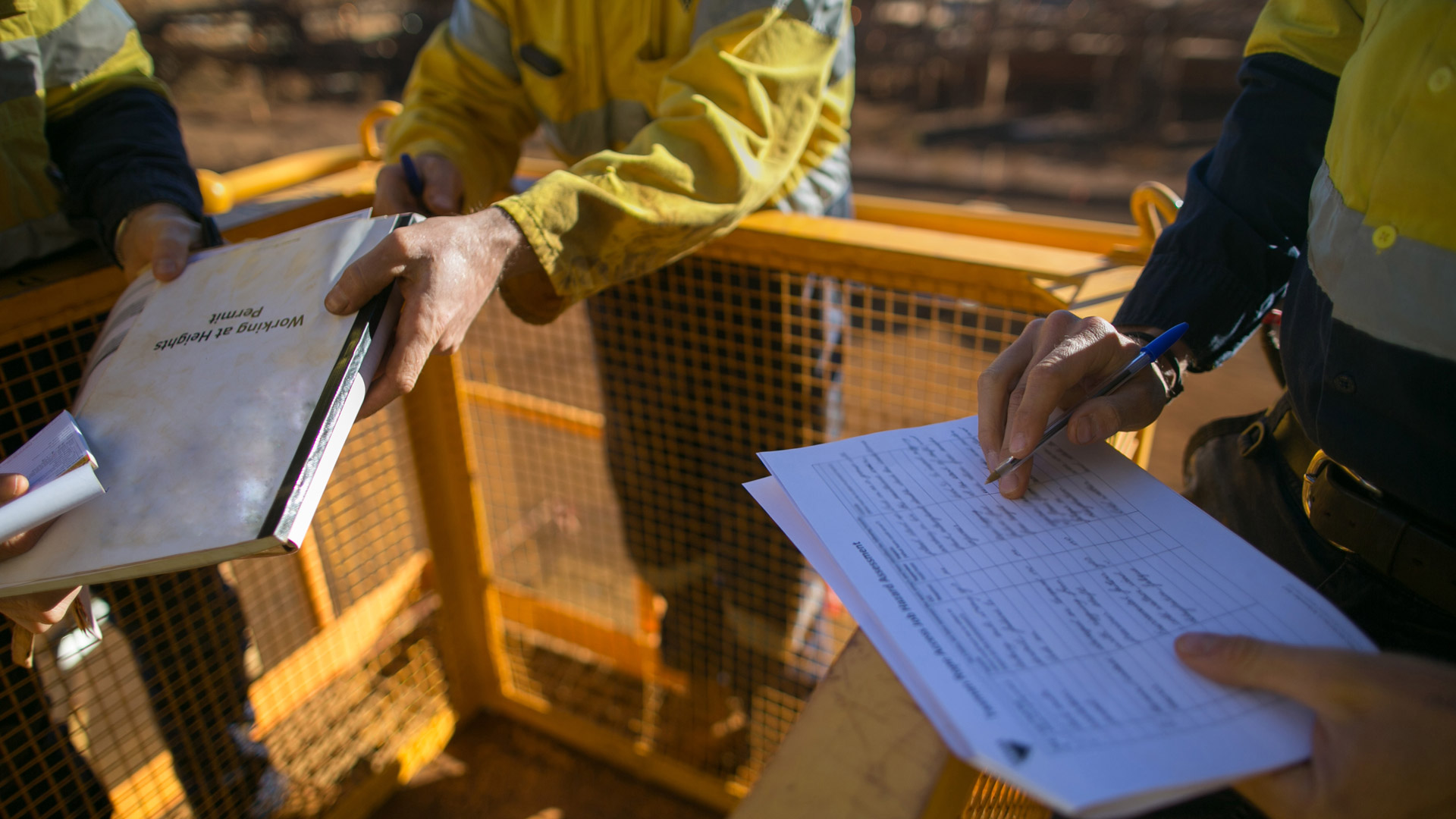The lack of free or cheap COVID-19 lateral flow tests (LFT) is exacerbating business and staffing issues and forcing organisations to make difficult and costly safeguarding decisions, experts have warned. Since 1 April, access to free LFTs has been restricted, with only a few exceptions such as care home residents, hospital patients and other vulnerable groups able to receive no-charge COVID-19 tests, meaning businesses are now liable to pay for their own testing regime.
Jane Gratton, head of policy at the British Chambers of Commerce (BBC), said:
“COVID-19 remains a significant concern for employers. It’s contributing to worsening staff shortages and reducing capacity and service delivery. Firms are under significant financial pressure already and must now decide to either fund testing or invest in keeping other COVID-19 related safeguards for staff and customers. This risks a haphazard patchwork approach. For businesses to retain staff and customer confidence, they must be given free tests or be allowed to buy them at cost through government procurement.”
The Federation of Small Businesses has reported that three quarters of its members had at least one person off sick in the last four weeks, and one in seven organisations it represents cannot trade at the moment due to staffing shortages. Multiple reports suggest this is an issue that is more acute for those operating in customer-facing industries, such as hospitality.
The BCC has previously criticised the government’s ‘Living with Covid’ plan – which has seen Covid restrictions and testing requirements come to an end in England – for not doing enough to protect vulnerable staff and customers.
Said Gratton:
“There remains a huge question mark over the handling of the risks to vulnerable employees… government must work with business on providing more detailed guidance. COVID-19, alongside the rising costs of doing business, energy prices, recruitment difficulties and wage pressures is making this a precarious time for businesses.”
Separately, official figures have shown a significant number of businesses are taking on costs for self-isolating employees. Data from the Office for National Statistics (ONS) revealed that about one in six businesses are paying staff to voluntarily self-isolate after they test positive. Paying for tests adds to this financial pressure, with the price of off-the-shelf LFT tests starting at £1.69 per test.
ONS figures show that around one in 14 people had COVID-19 in the last week in England, while infections remain at a record high level in Wales.
A government spokesperson said:
"Employers still have a duty of care to their staff, so they should take steps to prevent infection in the workplace, meaning if someone is displaying COVID-19 symptoms or has tested positive, they should be considered sick and stay at home to avoid contact with others. We recognise the impact rising costs will have on businesses of all sizes and we have backed businesses throughout the pandemic with an unprecedented package of support including VAT cuts, business rates holidays and government backed loans worth around £400bn."
You may also be interested in
RELATED CONTENT
RELATED COURSES

The Permits to work course explores the elements of permit-to-work systems and the high-risk activities that may require them.

The Risk Assessment and Method Statement (RAMS) course examines the HSE’s recognised five-step approach to risk assessment.

The Working at height course helps learners understand the dangers associated with working at height and ways to control the risks

The world’s best-known health and safety certificate, designed for managers and supervisors in any sector or organisation.

An employer has been sentenced for failing to reduce the exposure and spread of asbestos when demolishing a large pig shed.

The government is taking "strong action" against unscrupulous employers that use the controversial practice of ‘fire and rehire’, it has announced.

The legal term ‘reasonably practicable’ plays a crucial role in determining the level of care and precautions required in different areas of law, such...

The CIPD has published a new report, An update on flexible and hybrid working practices, which looks at the types of flexible working arrangements bei...